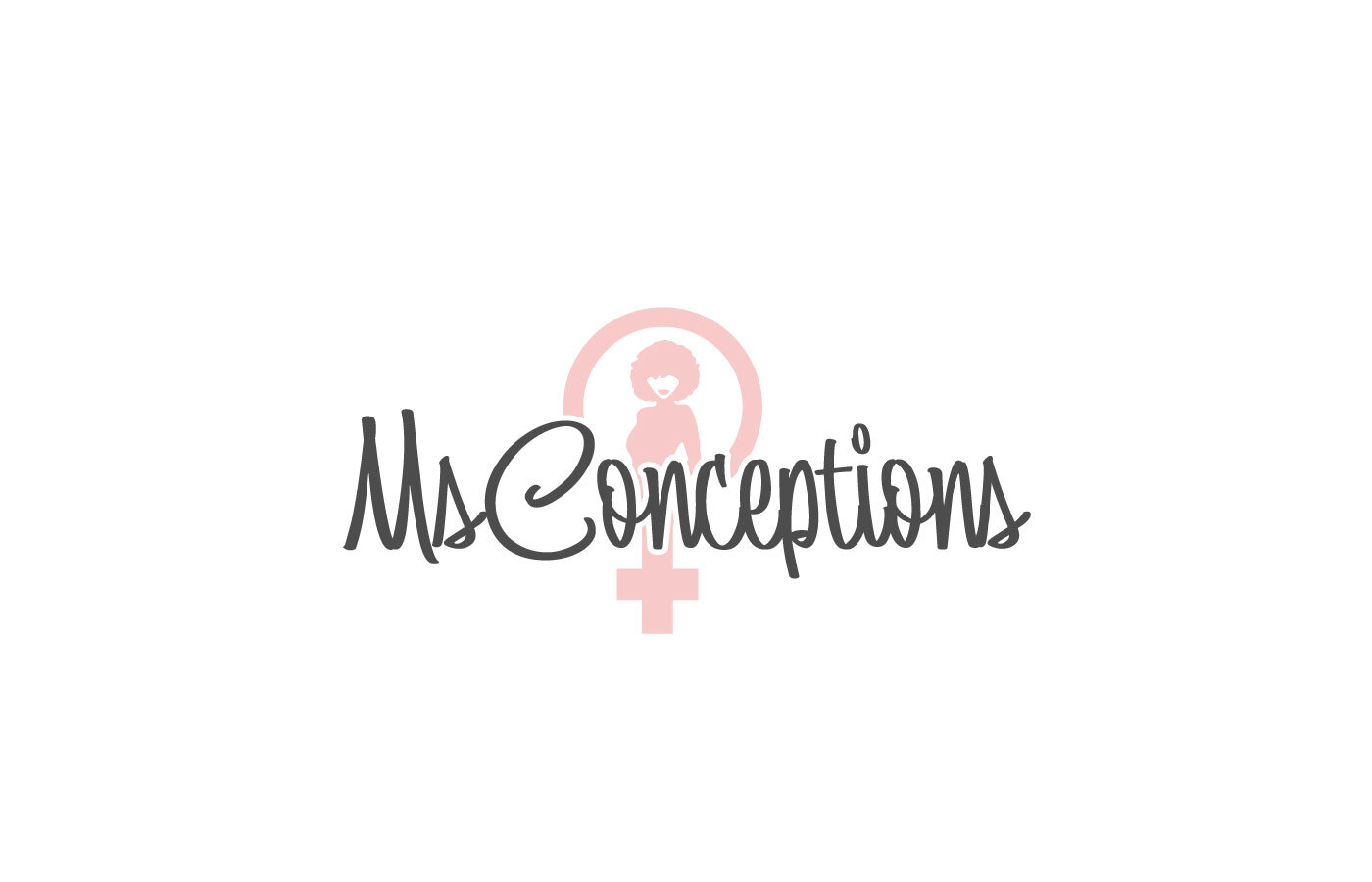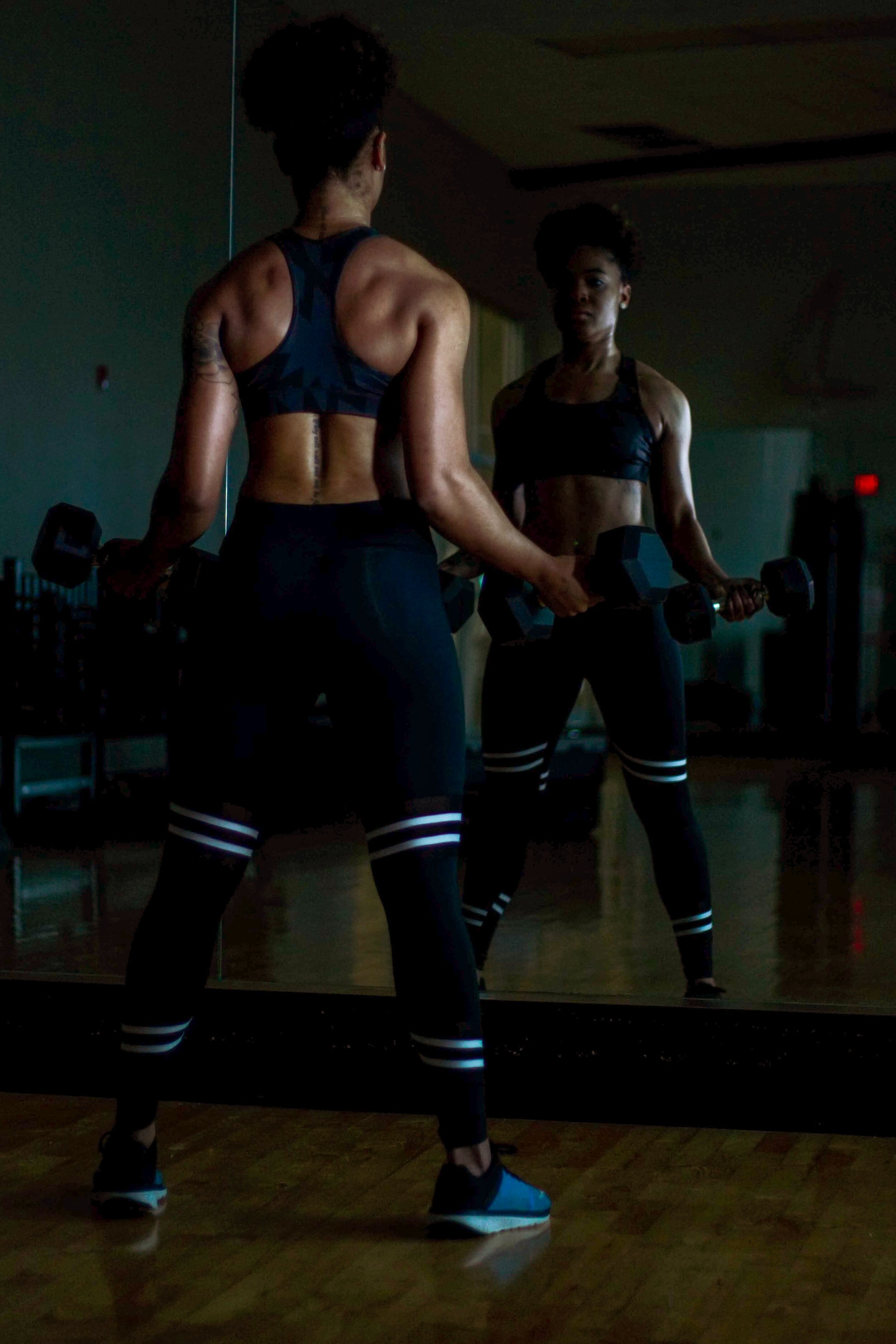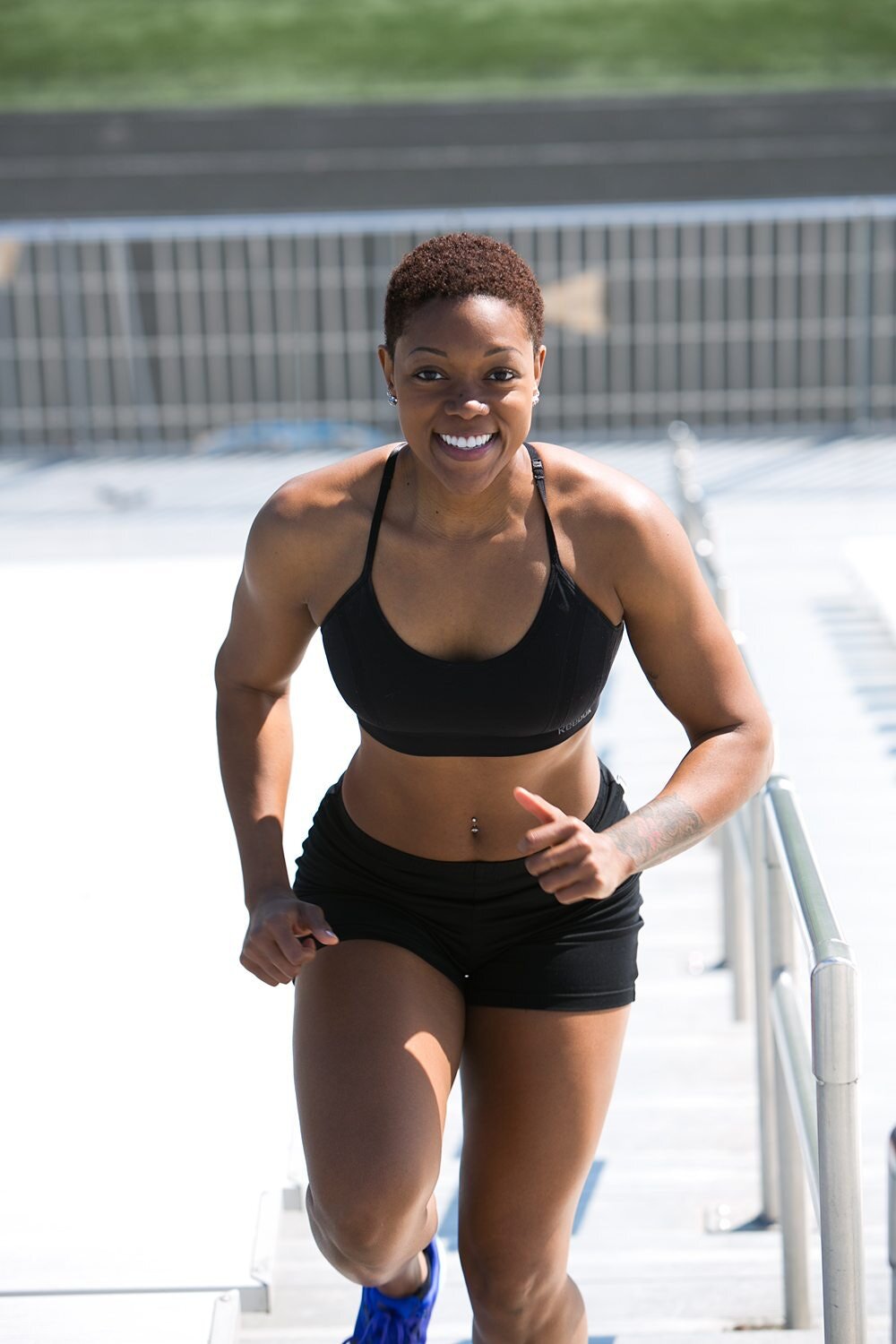Fitness was More About Self- Discovery
What was your drive to become an athlete?
For me, it was the inability to recognize myself in the mirror. By the age of 22, I gained so much weight from drinking alcohol, eating fast food, and being on birth control, I looked up and went from wearing a size 7 to a 13. I immediately hired a personal trainer and began to take my health and nutrition seriously.
What are some challenges that you faced along your journey of being fit and how did you persevere?
One of the constant challenges is creating balance. I have always worked a full-time job, entrepreneurial endeavors, and trained 5-7 times per week. Balancing an overwhelming schedule and finding time to workout has always been a struggle, but I make sure to find the time to fit it in.
There’s a huge misconception when it comes to being an athlete or bodybuilder can you please weigh in on what your journey was like when you were competing?
I began training for bodybuilding in 2016. Before training, I ran marathons. I spent the first 13 months of training to develop my body from all the damage running had caused. I had to put on more muscle, so the progress was not as transformative as you would think. I trained six days per weekend, worked out twice a day, and was on a rigorous nutrition plan. I competed in three shows. I placed second in one show. Four days before my competition, I decided that I no longer wanted to compete. It took over my life, and I missed many important moments with my family and friends because it took up a lot of my time.
Were there any changes to your body that you didn’t like or expect when going through the prepping phases for competing?
I experienced the common after-effects of competing. By manipulating my body fat soooooo much, I did damage to my hormones that caused me to be perimenopausal in between preps. I currently work closely with a physician to alleviate future problems.
How did prepping impact you emotionally, physically, mentally and socially?
I competed because I wanted to challenge myself to be in the best shape of my life, and I did just that. It required DISCIPLINE, which was the most disciplined and committed I’ve been to complete a goal. It taught me the power we can have to avoid distractions if we want something really bad. On the other hand, it taught me that everything I do does not fit into a box. Bodybuilding has a uniform look. A competitor has to manipulate who they are from the hair, smile, personality, and body to fit into a mold, and then you’re judged on it. I was not too fond of that. Everything unique about me had to be masked when I performed on the stage, and it was not who I was.
After competing, what was your pivot point? How did life change for you?
During the time of prepping for shows, I was also a group fitness instructor. I came up with the idea to organize a wellness workshop called Women’s Liberation Workshop (WLW). WLW is a Health & Wellness workshop, created in 2017, to address the intersectional oppressions of women. We believe the promotion of Health & Wellness provides women the confidence they need to accomplish great things. Our goal is to approach women’s health & wellness through a bonding experience of dance, yoga, and financial success. We celebrate the accomplishments of local female entrepreneurs by promoting their businesses at WLW Marketplace. WLW is more than a one-day social gathering; each year, we will continue to connect a community of women who in history are often overlooked and underrated. Our audience is one of great diversity, with traveling throughout the Midwest. WLW is a “Liberating Experience for the Queens in the Queen City.” Unfortunately, we had to cancel the workshop for 2020, but we look forward to 2021.
What motivates you to work with and train everyday women, from moms to women in business, to women who are just beginning ?
Serving black women and children is at the core of everything I do. Any new thing I learn or new partnerships I develop ensures I include my community. Fitness was more about self-discovery for me. It introduced me to the principle of having “self-preservation.” Most of my clients are mothers, grandmothers, have full-time careers and second jobs, single mothers or married, caretakers of other family members. We somehow find time to juggle all these responsibilities without taking care of ourselves; it is damaging. My clients have become my family. We all have experienced barriers that have been detrimental to our self-preservation, but we use those experiences as a catalyst to take care of ourselves and one another.
Do you feel social media impacts or influences women when it comes to their behaviors, body goals, life goals, weight expectations, and physiques?
I appreciate the positive impact social media has on our culture. I love the ability to connect with more women who are generally out of reach and the opportunity to share our stories. It's easy for us to go down a social media rabbit hole of comparing our bodies or progress to other women, but it's important to remember that social media is controlled content; people are only going to show you want they want you to see. Most people will not tell you if they got plastic surgery or take extreme diet supplements, so we use their results to shape our minds and create those same expectations for ourselves and it's not realistic. Women need to be clear on their "WHY" and use that as their motivation to achieve their personal goals.
If there’s anything that you could say to women who are looking to focus on their Mental Health through the Fit journey, what would you say as an encouragement or a word of advice for them?
Set your own practical goals. Start with small goals to tackle. For example, meal prep for the week, then gradually add in a few workouts. Do not overwhelm yourself or beat yourself up with unrealistic goals to achieve weight loss. It is a lifestyle change, so set goals according to your lifestyle.




